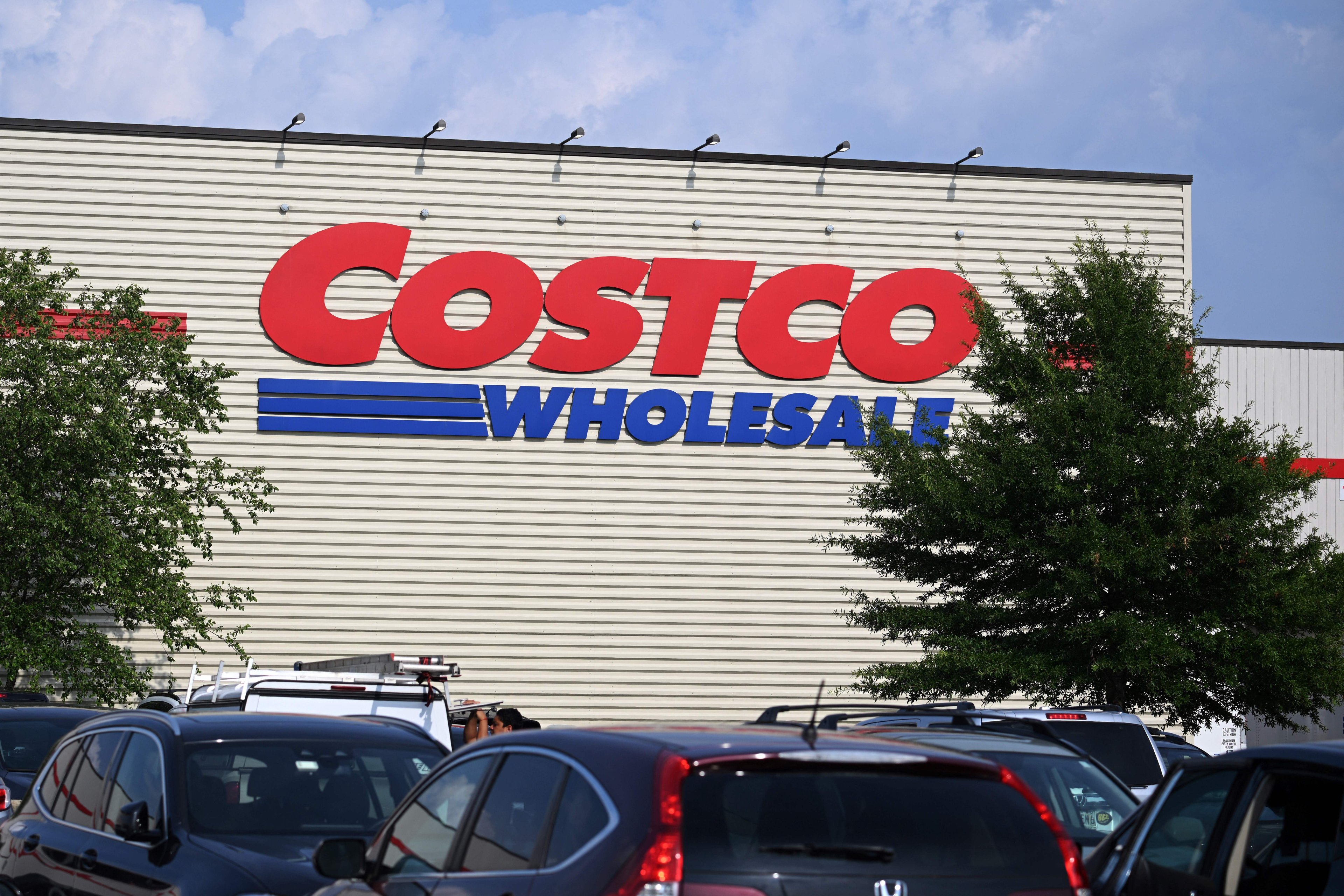Any large M&A deal will have to lobby for regulatory approval, but at $85 billion, the proposed acquisition of Time Warner (TWX +0.00%) by AT&T (T 0.76%) will face intense scrutiny before a deal closes. And in this case, recent precedent shows the Justice Department has been suspicious of similar mega-deals.
In this segment of Industry Focus: Consumer Goods, Vincent Shen is joined by Fool.com contributor Daniel Kline to discuss some likely considerations regulators will take into account as they evaluate the buyout. They also look back at Comcast's (CMCSA 0.51%) purchase of NBCUniversal and the concessions the government might require to sign off on the deal.
A full transcript follows the video.
This podcast was recorded on Oct. 25, 2016.
Vincent Shen: One precedent that I really latched onto when I was reading about this deal and thinking about how things could work in terms of the regulatory side, if it were to get approved, some concessions would likely need to be made, even though these two companies don't compete with each other directly. This isn't the case of the recently scuttled deal between Staples and Office Depot, for example, where people felt like the last two office supply stores coming together would mean a lack of competition. But the precedent I was thinking of was Comcast and NBCUniversal.
Dan Kline: It's absolutely the same deal, but to an extended area. Comcast and AT&T are already the top two cable providers. With AT&T, you have their huge base of wireless subscribers as well. That is how AT&T is going to sell this deal. They're going to say, "You allowed Comcast to buy NBCUniversal, with all of their associated cable networks and entertainment properties." You can also point a little bit to Disney buying Capital Cities/ABC, where they're matching content with distribution. But ABC already had some of its own content. So there is some precedent.
And you're right: This does not take a player off the board. This is not the FCC telling Sprint and T-Mobile that they can't combine because they don't want to see three wireless carriers instead of four. That said, the regulatory hurdles here are going to be enormous, mostly just because of the current mood. The idea of companies getting bigger and wielding this much power has actually been something that both presidential candidates -- two people who can't even agree to shake hands before a debate -- both are coming out and saying, "Wait a minute, let's look at this really hard."
Shen: Yeah. I think, with the Comcast and NBCUniversal deal serving as a precedent that AT&T can point to and say, "This worked," the only difference being that AT&T has that wireless side as well. But there's also some negative aspects to that deal that I think some regulators will point to and say, "Actually, that deal makes us uncomfortable." So it's important to note that the Federal Communications Commission, the FCC, they made Comcast agree to certain concessions before they approved that NBCUniversal deal. Among others, that included an affordable broadband service-only offering, keeping some content on local stations, and also, a big thing was limiting its input on the Hulu joint venture, which was originally created by Disney and Twenty-First Century Fox and NBCUniversal. I, frankly, was not surprised to learn that in the year or two after the deal was approved, the FCC essentially had to take Comcast to court because they failed to follow through on any of those promises.
Kline: If you look at AT&T's history, concessions scare me because they have been dragged into the mud about not bringing internet service to certain areas, pricing concessions. First of all, you're going to see a concession, almost definitely, about how they price, where they can't give themselves sweetheart deals. Basically, they can't say, "All right, we'll eat the cost of TNT, TBS for our subscribers, but we're going to charge $3 a head to Comcast or DISH Network to put them out of business." I think you're going to see some rules about that. It also wouldn't shock me if they were forced to spin something off. I think HBO is the logical candidate here. HBO would be a very logical stand-alone company, and it really is the jewel of all of this. So you're going to see some pretty big concessions, and that might cause AT&T to walk away from this deal.
Shen: Yeah. Something else I've seen brought up as a potential pain point in terms of the regulatory considerations has actually been CNN, and the idea that news networks should, as much as they can, be neutral and have a fair playing field. That was an issue that came up in the Comcast deal, too. Comcast, through their acquisition, took over CNBC, the business news network.
Kline: MSNBC as well.
Shen: Yeah. As you can imagine, the better the ratings for CNBC, the bigger the financial contributions it makes to the business through advertising and various fees. So Comcast was supposed to carry all news networks in the same neighborhood, so to speak. The idea was, if you're going to flip through news channels, they should all be together. If you have another news channel way off, in terms of those neighborhoods, consumers or viewers are unlikely to go there. What they did there was they isolated Bloomberg Television off into television Siberia, as they called it. And Comcast got dinged on that.
Kline: I think you're going to see the same rules applied to this deal. That said, we know what the major networks are. I love Bloomberg. It's actually what I watch or listen to a lot of the time. But it is a very niche station. At some point, I think we have to say all the major channels are together, all the sports networks are grouped together, but the ACC Network is on channel 11,253. I have DirecTV, and it is actually that ridiculous in terms of how the channels work. There's going to have to be some rules here. The problem is, CNN is maybe not viable as a spinoff. And it's not like you can say, "Who is a better owner for CNN?" I don't see a home for it.







